Thank you for the questions you have sent. I plan to address them all in the 7-week Writing Encounter (that Mary Yerkes and I hope to offer this fall). Below, please find brief responses to seven of the more frequently asked questions.
Do you write every day?

When I am working on a book or an article and need more time than our schedule permits, my handsome husband sends me off on a writing retreat. Within that retreat, I will take breaks from writing to play the piano, take a walk, drink lots of fabulous tea, and pamper my body with simple organic foods.
Where do you get your ideas?
Long-term personal studies and listening to life.
Anonymous: Jesus’ Hidden Years and Yours flowed from a study of Jesus’ wilderness experience that began as preparation for a speaking engagement and captivated my personal study time for a decade before it spilled onto the printed page. A recent article for Today’s Christian Woman merged an assigned topic with my perspective as a former Atheist. My next book is a fusion from a personal study of disillusionment in the Scriptures that stretches back to 1994, my doctoral dissertation on the subject, and pain. So, my ideas emerge from study of the Scriptures combined with the pursuit of living honestly and attentively to real, raw life.
Do you have any new projects in the works?
Yes!!!! If you have a church or organization or small group or family, reserve the 40 days before Easter for a journey that will prepare us all to live in awe of Christ’s resurrection! Instead of fasting social media and designer coffee, together we will fast resentment, apathy, God-as-job, stinginess, and comparison. The new book is called 40 Days of Decrease: A different kind of hunger, a different kind of fast and it will be available January 5, 2016.
(If the topic resonates with you, let me know. We are asking God for a company of champions to spread the word about the message and the book.)
Do you start writing a book from the beginning?
I marvel at those—in past ages and some still today—who write from beginning to end on paper or via typewriter. For me, the experience is more of a circular, as opposed to a linear, process.
Writing is a bit like finding my way into the heart of deep woods. The introduction is the path in and I normally write the intro first but “in pencil” knowing it will be affected by what I discover further in. For example, in my current book, I began with the prologue, have edited it repeatedly, and in my last revision finessed it and the introduction once again based upon how the book has taken shape.
How do you organize your ideas?
As I write, concepts begin to congeal into clusters. I focus on these idea groupings, circling back again and again to add or delete, edit or expand, keep or move to an “unused ideas” file that I create for each book.
Then I will often print out the primary cluster headings, cut them up, and explore various arrangements on the floor as though they were pieces of a puzzle. I am seeking a flow of words that is natural and unforced, like wave upon wave gradually ushering the reader into the sea.
There on the floor, I can see where bridges are needed between concept clusters or even if I have two different books/blogs/articles growing in my soul at once.
What thoughts or principles guide you as you write?
Remember that writing is devotional. Even if—at the end of the day—I have nothing “to show” for the day’s effort, my spirit and soul are still satisfied and enriched by the process of disciplining my mind to attend to Jesus’ presence and follow Him in my thoughts and with my pen.
Cut an idea before forcing an idea to speak before its time. In that rich listening space, many thoughts come to mind. Some of the richest simmer for years or decades before finding their voice in a book or message. Everything does not have to be said immediately. Less is best when it comes to communicating in an age drowning in unnecessary—or premature—words.
Read written words aloud to hear (and edit) them afresh. I mentioned earlier how I have floor time to organize ideas. From the floor, I return to my computer to rearrange the concept clusters and add bridges. Multiple times throughout the writing process, I will read the writing aloud to myself and others and each time I am surprised by what I missed typing in silence.
Have you ever had writer’s block?
I am not sure, which I am guessing means no. I have had blog bog though! Until recently, blogging felt very time-intensive. Having a monthly theme that aligns with the monthly letter truly has infused new hope into my blogging efforts.
More than blockages, I struggle with self-distractions. On a retreat to finish my dissertation, I was baffled by how little I was accomplishing even when gifted with full, uninterrupted days. So I began to clock-in and clock-out of writing….and was shocked by how 5 minute facebook breaks actually absorbed 30 minutes and how “just a minute to check in with the news” numbed me until I, zombie-like, returned to writing an hour later weighed down with the world’s chaos. Now I keep a legal pad nearby and keep a running tab of breaks—even when I think they will just be a few minutes long—and I am finding that the accountability is decreasing the time siphoned off by untimely distractions.
Note: I hope that this window into my heart as a writer is helpful or encouraging or meaningful for your journey in some way. Please feel free to send on questions and topics for the 7-Week Writing Encounter. An excitement is growing in me about this offering. Its focus will be writing and spiritual formation.


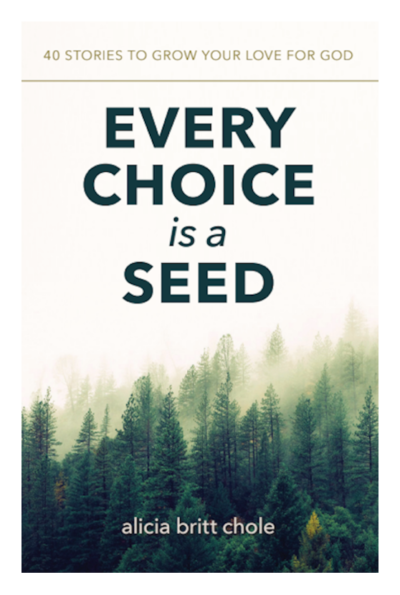
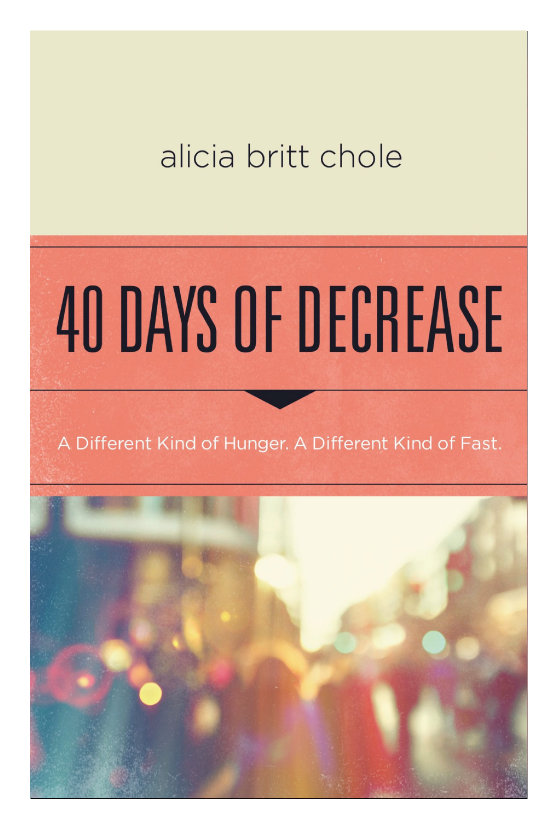
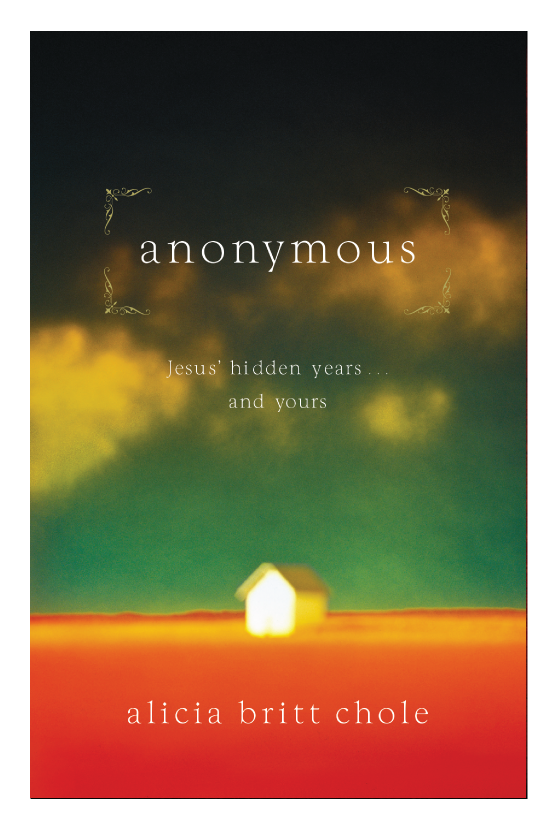
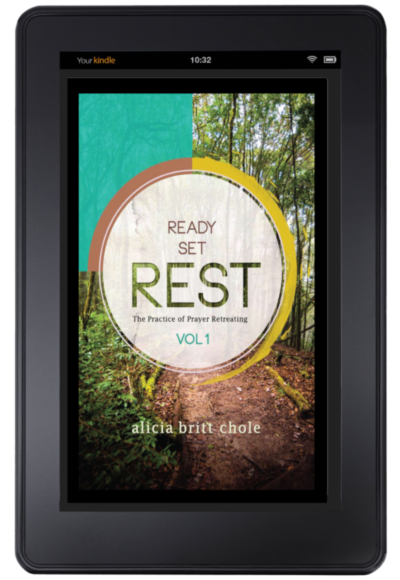
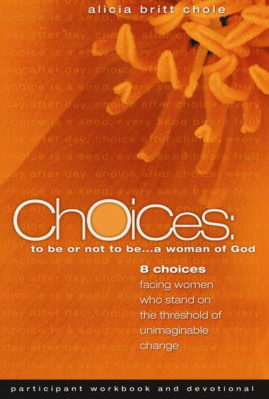
Dearest, I would be interested in the 7 Week Writing Encounter that you and Mary are considering offering this fall. Also, I am so excited about the January launch of your new book! If there is a role that fits in my season, I would like to help you. Thank you for the insights to your writing process. Blessings, s
Would love to have you on the book launch team, Sheri! I’ll keep you in the loop. Love you!
I would love to be part of your book launch team. I was so impacted by Anonymous, and your new project sounds amazing.
Leah, thank you! We will be in touch as soon as we start forming the champion team. It will be a joy to get to know you more through the experience!
Interested in the Lenten study and moved by the portion in Soul Feast that ties into the theme and inspired a blog post. Please add me to the list for the Lenten book! Grace and Peace!
Will do! Thank you, Heather.